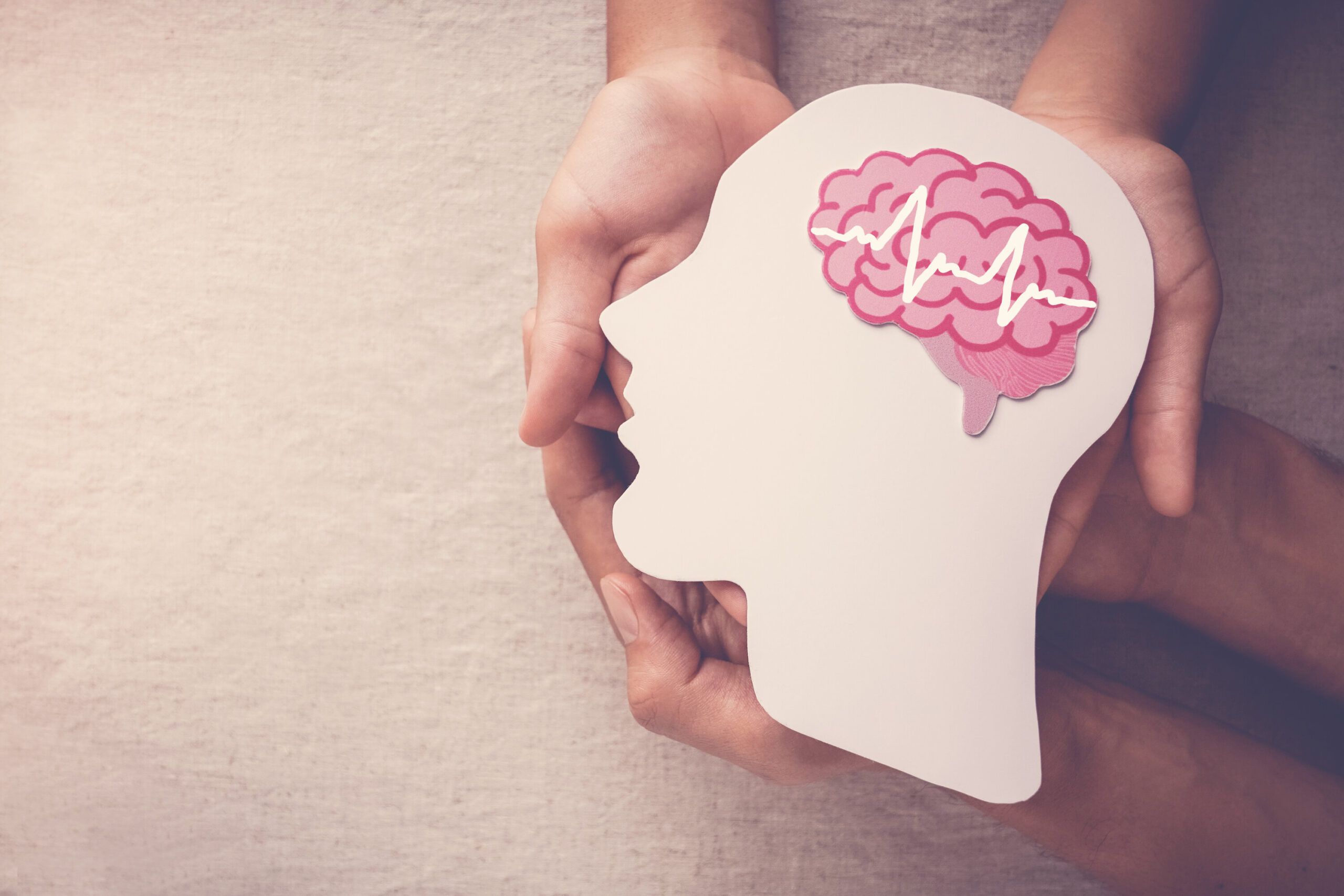For kids, there is not much outdoor activity and personal interaction with friends from so long now. It is affecting kids well being, physical and mental health. So how do we as parents make sure that our kids are happy and healthy both mentally and physically during these difficult times?
The most effective way to help children stay safe, happy, in good environment and be fit and mentally active is to remember that no matter what their needs are to be met.
Everyone has suffered a steep drown in mental health over the last year. For some it has been more traumatic than others facing severe health conditions, after effects and demise of near and dear ones. Children, even though don’t realize the exact amount of toll this pandemic is taking on them,, are in a very vulnerable state where their world has changed in a short span of time and they are finding themselves continuously trying to adapt to an altogether new way of living. So here is how you can help them in dealing this new world:
FIRST TAKE CARE OF YOURSELF
Here we need to apply the airplane rule that ’first get your oxygen mask fixed in case of emergency then help your child’. So it is very important that first you learn to take care of yourself before you think about your child. You need to be calm and composed before you communicate with children. If you will be anxious and worried, you might end up projecting the same emotion to the child and because they are unaware of the extent and means of care, they would take it hard and get affected mentally and physically.
KEEP YOUR CHILDREN INFORMED
These days’ children are so exposed to all kinds of information because of the usage of devices. For all things, classes, homework, reference material, activity sessions, play dates and everything else, they need to get adapted to devices. And because they are getting quickly adapted they are hands on with grasping whatever information is coming to them. So before they read or listen in to some excruciating and heavy facts which may increase their worries, inform them correctly in your own way and let them know that things are in control and we need to follow certain practices to be safe and you are there with them to deal with this change.
PROVIDE THEM LOVING AND CARING SPACE AT HOME
What children most need is the feeling of being loved. Also they need to feel safe and secure to be able to be mentally fit. Hence provide that love and connection to your children. Let them bond with each other and with few specific friends following safety measures. The children who are devoid of the feeling of love and connection create a negative space in their minds of worries and anxieties. The deeper it gets rooted the more it becomes difficult to help them get away from that zone. So fix time to spend with them. Do not manipulate them out of that time because you are busy. Also make technology your friend. Don’t stress much on their screen time because they can’t go out much. Instead what you can do is to make that screen time productive for them. Help them learn new things or play interactive games so that technology can help you with your child’s growth.
LISTEN AND VALIDATE
If your child is feeling anxious or if they are worried then keep an attentive ear on what they are saying rather than just out rightly discarding their feelings by saying ‘they are worrying for no reason’ or ‘they are okay’. Don’t try and fix the situation by negating it. You need to listen and validate the feelings which your child is having, talk to them in a positive manner, make them understand that it is okay to feel what they are feeling and how they can come out of that worry by applying the measures you have put in place as a family.
STEP UP FROM SUCCESS AND FAILURE MINDSET
The need of the hour is that we provide our children with the mindset of growth and learning rather than success and failure. We need to check ourselves as parents for putting too much importance on academic achievements of our children and need to think that how we can make them lifelong learners who are good human beings and successful adults. Make learning a source of joy and fun rather than it getting imbibed as a source of anxiety and pressure for children.
And in the end, remember to build your child’s social and emotional muscles so that they are ready to take on this change positively and remain energetic for their chores and other daily activities. Happy Parenting to All!!

